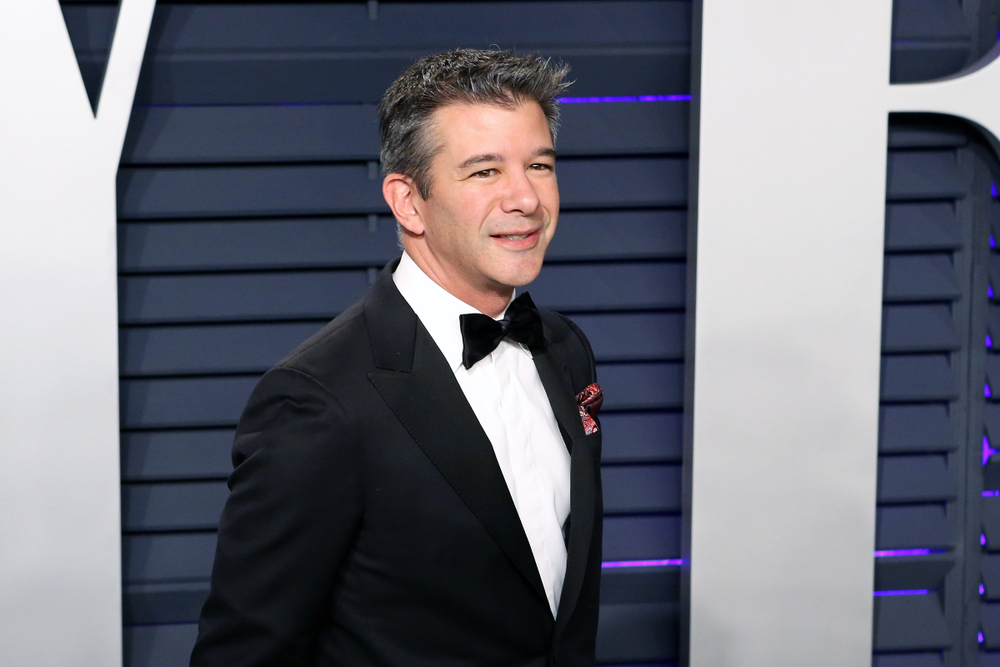From Fallout to Fortune: The CEO’s Modern Playbook for Monetizing Scandal
When most executives face a career-threatening scandal, PR firms go into overdrive and lawyers circle like sharks. But for a rising class of modern CEOs, controversy is no longer a career-ender—it's a launchpad. In today’s media-fueled economy, backlash can be a catalyst for growth, reputational crises are rebranded as resilience, and public outrage becomes a pipeline for engagement, investment, and even reinvention. This isn't damage control—it's a calculated strategy for the modern era.
The Monetization of Mayhem: A Calculated Risk
CEOs are increasingly learning what celebrities and influencers already know: attention equals power. In a landscape where brand visibility often trumps public sentiment, scandal is no longer a death sentence—it’s a pivot point. But turning controversy into currency isn’t luck; it's a high-stakes play with a defined playbook.
Elon Musk, the CEO of Tesla and X, offers a master class. He has survived—and in many cases, thrived on—a relentless stream of controversy, from SEC battles and vaccine tweets to public outbursts and hostile political stances. Rather than apologize or retreat, Musk leans in. Each media cycle fuels his persona as an "unfiltered genius," galvanizing a cult-like base of investor loyalty. Following some of his most controversial actions, Tesla's stock has remained resilient, and his followers turn criticism into proof of his "authenticity," ensuring his companies remain front and center in every conversation.
Case Study: The Phoenix of Silicon Valley
Travis Kalanick, Uber’s former CEO, was forced out in 2017 after a storm of scandals that included allegations of a hostile workplace culture, regulatory dodges, and public outbursts. But Kalanick didn't disappear. He re-emerged with CloudKitchens, a food-tech startup that quietly raised billions in funding, including from Saudi investors. Kalanick’s fall from grace didn't make him an outcast; it rebranded him as a maverick willing to break the rules to reinvent an industry. Today, he’s a power player in the multi-billion-dollar ghost kitchens economy—proof that exile can be temporary, and a return to power can be highly profitable.

Travis Kalanick
The Playbook: How Scandals Are Engineered for Profit
What exactly makes a scandal profitable? Three elements consistently emerge as the core of this modern strategy:
- Narrative Control: The first rule is to reframe the story before others can define it. CEOs who succeed in this arena use their own platforms—like X or a Medium post—to bypass traditional media and communicate directly with their audience, ensuring their version of events is the first and loudest.
- Audience Polarization: A savvy CEO understands that consensus is quiet, but division is loud. By taking a provocative or contrarian stance, they create a loyal base of supporters who will actively defend the brand against a chorus of critics. The high engagement from both sides of the debate drives a massive amount of "earned media" and keeps the brand's name perpetually in the headlines.
- Visibility Arbitrage: Scandal is a powerful driver of attention, and attention is a form of currency. CEOs who succeed in this space turn that attention into tangible business results, whether through a spike in stock price, increased app downloads, or a surge in brand awareness that a conventional marketing campaign could never achieve. The cost of the negative press is often a fraction of the value of the visibility it creates.

A Cautionary Tale: When the Playbook Fails
While this strategy can be effective, it is not without significant risk. The history of corporate leadership is littered with examples of executives who miscalculated, leading to their permanent downfall. Consider the case of former Wells Fargo CEO John Stumpf, who was forced to resign and later faced a personal SEC fine after a massive fake accounts scandal. Unlike Musk or Kalanick, Stumpf’s actions were perceived as a betrayal of customer trust, and his attempts to manage the fallout were seen as evasive. His scandal did not lead to reinvention; it led to his permanent exile from the industry. This illustrates a critical lesson: a scandal can be monetized only if it does not irrevocably destroy the core value proposition of the company.
The Bottom Line
The myth of the spotless CEO is dead. In its place stands a more volatile archetype—part disruptor, part anti-hero—who understands that controversy can be engineered, harnessed, and even converted into profit. For better or worse, we are living in the era of the monetized meltdown. What this new reality means for corporate ethics and the future of brand loyalty remains to be seen.













